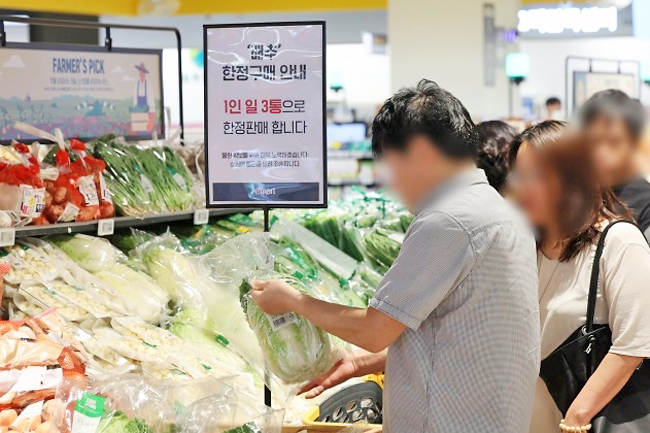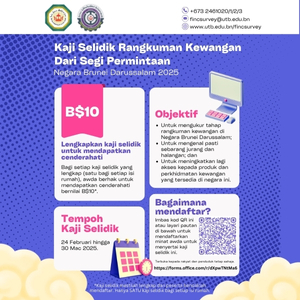ANN/THE KOREA HERALD – South Korea’s consumer prices hit a three-and-a-half-year low in September, dipping below two per cent for the first time since early 2021, according to data released yesterday.
Consumer prices, a key inflation indicator, rose 1.6 per cent year-on-year, down from two per cent in August, as per Statistics Korea. This marks the lowest increase since February 2021, when prices grew by 1.4 per cent.
The figure last came to the one per cent range in March 2021 by logging 1.9 per cent.
The government has said that the country is projected to reach the target rate of two per cent by around the end of 2024, and it saw consumer inflation stay below three per cent for the sixth consecutive month through September.
In January, inflation slowed to 2.8 per cent, dropping below three per cent for the first time since July 2023, but it edged up to 3.1 per cent in February and stayed at the same level the following month before cooling to 2.9 per cent in April.
The figure then fell to 2.5 per cent in May and further to 2.4 per cent in June before rising to 2.6 per cent in July.
The Finance Ministry expects this year’s prices to rise 2.6 per cent.

Prices of agricultural, livestock and fisheries products went up 2.3 per cent on-year.
Vegetables, in particular, spiked 11.5 per cent, due to a prolonged heat wave.
Of major items, prices of napa cabbages surged 53.6 per cent and those of radishes spiked 41.6 per cent, adding pressure on households as cabbages and radishes are key ingredients of kimchi, and the annual tradition of ‘gimjang’ usually takes place from November to December as people make large amounts of kimchi as part of preparations for the cold winter.
But prices of petroleum products fell 7.6 per cent on-year in September on stabilising global oil prices. It was the first time that the figure fell since February this year.
Dubai crude, South Korea’s benchmark, came to USD73.52 per barrel on average last month, falling from August’s USD77.70, according to government data.
Service prices gained 2.2 per cent on-year in September.
Core inflation, which excludes volatile food and energy prices, added two per cent on-year in September, down from 2.1 per cent a month earlier.
Prices of daily necessities – 144 items closely related to people’s everyday lives, such as food, clothing and housing – climbed 1.5 per cent last month, the data showed.




